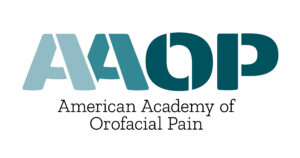Ali Azarbarzin is an Associate Scientist at Brigham and Women’s Hospital and an Instructor in Medicine at Harvard Medical School. Dr. Azarbarzin received his undergraduate and Master’s degrees from Iran and his PhD in Biomedical Engineering from the University of Manitoba in Canada. Dr. Azarbarzin pursued his postdoctoral fellowship under Dr. Magdy Younes and joined Sleep Disordered Breathing Lab at Brigham and Women’s Hospital in 2015.
His research is on the pathophysiology of sleep apnea and its clinical consequences. He is particularly focused on identifying physiological and prognostic markers of OSA that more strongly link with health outcomes and provide a physiological basis for identifying those individuals most responsive to treatment.
Obstructive sleep apnea (OSA) is a common disorder, with roughly 1 in 5 adults estimated to have at least mild OSA and 1 in 15 estimated to have at least moderate OSA (Young 2002). OSA causes a number of adverse cardiovascular and neurocognitive consequences, including stroke, heart failure, excessive daytime sleepiness, and car accident. While it is possible to splint the airway open during sleep with positive airway pressure (PAP) therapy, only half of the patients tolerate PAP. Past research provides compelling evidence regarding efficacy of Mandibular Advancement Splints.
However, routine clinical variables obtained from polysomnography (PSG), such as apnea-hypopnea index (AHI) poorly predict the success of these non-PAP therapies, mainly due to the differences in endotypic traits that cause OSA. In my lecture, “Identifying Obstructive Sleep Apnea Patients Responsive to Oral Appliances,” I will be presenting our recent work aiming to identify the physiological markers that predict responses to mandibular advancement therapies.



Leave A Comment